Welcome to The UK's Biggest Range Of Tuna Tackle
We are the UK’s biggest saltwater specialist tackle store in the UK. Our tackle is backed up by expert advice from our fishing mad staff.
-
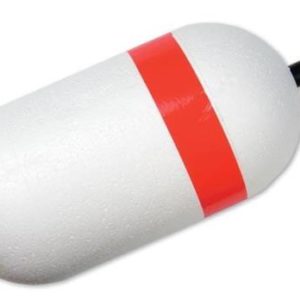
AFW Shark Float 9″ (28cm)
£7.35 -

Inline Bullet Leads
£0.50 – £0.70 -
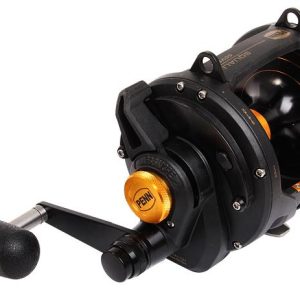
Penn Squall 50 VSW 2 Speed
£307.99 -
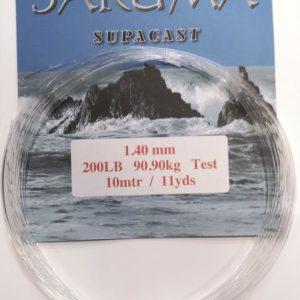
Sakuma Supacast heavy Duty Mono – 10mtrs
£2.99 – £3.40 -
Sale!
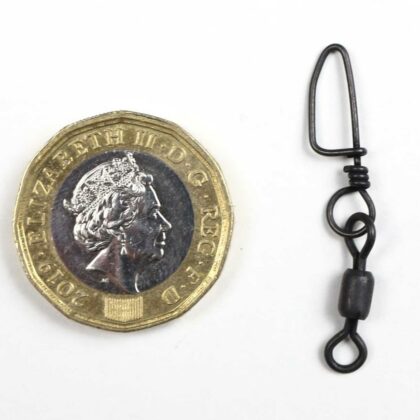
AFW Brass Coastlock Snap Swivels
£7.99
£6.39 -
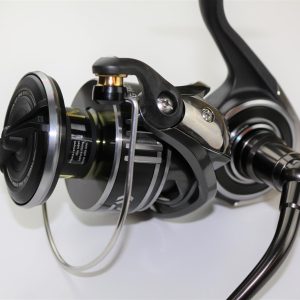
Daiwa 20 BG MQ Power Reel 8000
£248.99 -
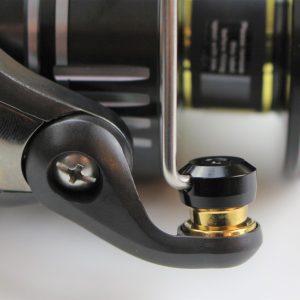
Daiwa 20 BG MQ Power Reel 10000
£248.99 -
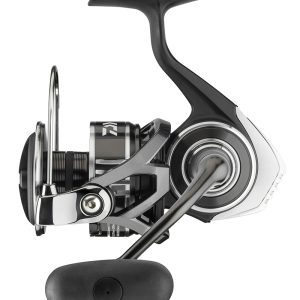
Daiwa 20 BG MQ Power Reel 14000
£248.99 -
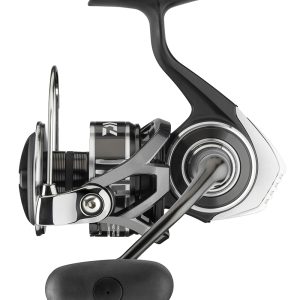
Daiwa 20 BG MQ Power Reel 18000
£244.99 -
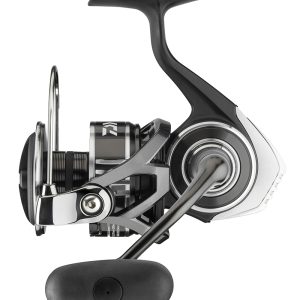
Daiwa 20 BG MQ Power Reel 20000
£259.99 -
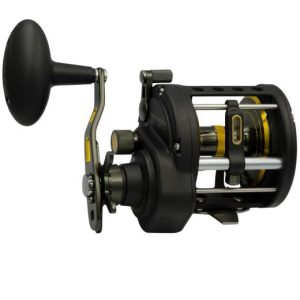
Penn Fathom II 50 LW Star Drag Reel
£246.99 -
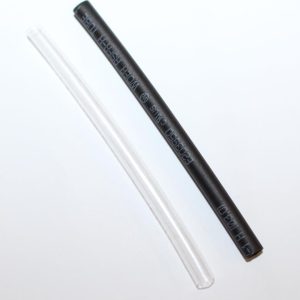
Tronix Shrink Tube 3mm (8 Per Pack)
£1.99
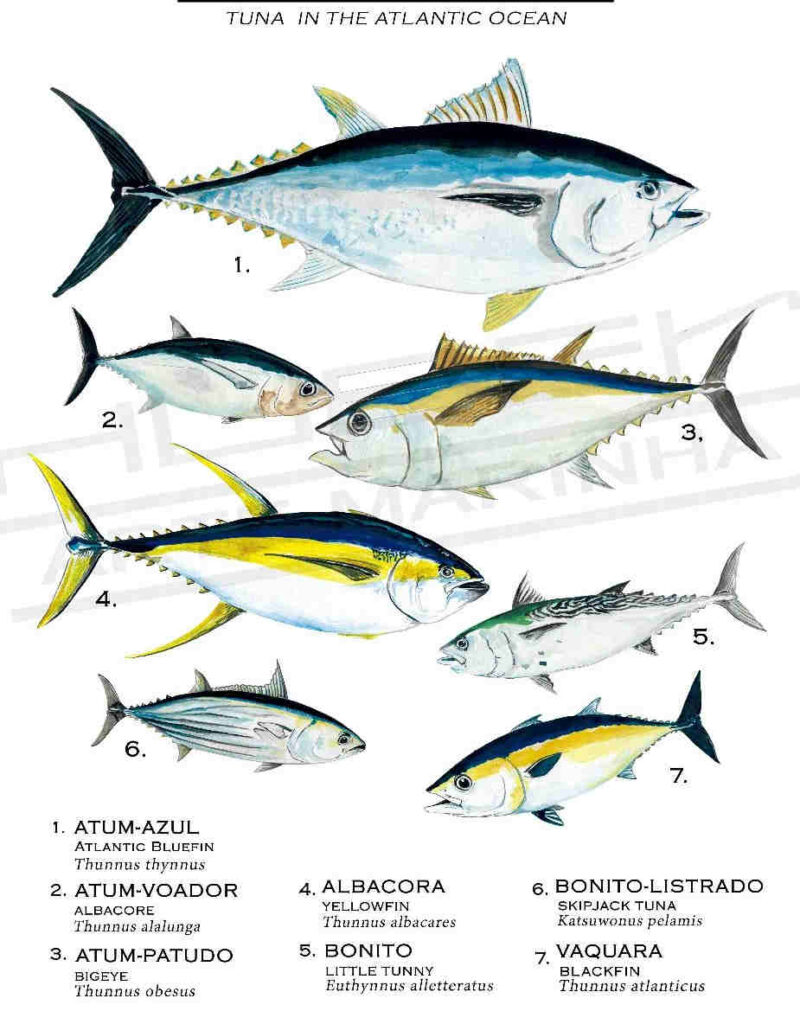
UK Tuna Fishing Tackle
After decades of poor stocks the UK’s Tuna numbers have been rising dramatically. So much so that in 2023 the UK government changed the law allowing for fishing to start again.
As you can guess, here at Gerry’s, we have been pretty excited about getting to grips with the hardest fighting fish in the sea but we needed to stock the correct tuna fishing tackle for us and obviously for our loyal customers.
On this page you will find everything you need ‘tuna tackle wise’ to help you hook up with one of the monstrous Tuna. After that, it’s up to you to see if you can land one.
Peak Years of Tuna Fishing
The peak years of Scarborough and Whitby North Sea tuna fishing were from the late 1920s until the early 1950s, although this was interrupted by the outbreak of the Second World War. Anglers would use wooden greenheart rods, large multiplier reels and thick twine line to target the tuna, fishing from small boats which had been towed out to sea by larger yachts.
Current Record
Lorenzo Cecil Vaughan Mitchell-Henry caught a 851lb bluefin tuna when fishing from Whitby in 1933, setting a record which still stands as the biggest-ever fish caught on rod and line in UK waters which is recognised by the The British Record (Rod Caught) Fish Committee, although larger tuna have ben caught and released in more recent times.
Seasonality
The UK Tuna season runs roughly from July to December. That said, Tuna have been caught outside these months.
Tuna Fishing Tackle Advice
Atlantic Bluefin Tuna are the largest species of tuna and can reach up to 4m in length, weighing well over 1000lb. Most of these fish cannot be landed with regular boat rods, you need specialist tuna rods and stand up rods. We recommend a minimum of 50-80lb class for general fishing and heavier if you are fishing where larger fish are situated.
Bluefin tuna are a true pelagic fish, meaning they swim the open seas. They are also highly migratory, covering huge distances with their torpedo shaped bodies and veins pumping warm blood that allows them to hit high speeds very rapidly and maintain it without being limited by the temperature of the water around them. This warm bloodedness is also linked to their superior intelligence compared to other fish species.
Due to this, they re very difficult to catch. Its definitely mono for your rig and ideally Fluorocarbon. Somewhere between 100 and 200lb breaking strain. We also advise only using black components, or certainly dark ones. This will reduce the likely hook of your Tuna tackle spooking the fish.
What reel? Well this is a really important one. Tuna run harder than any other fish so have a reel with a decent drag and gearing is essential. Your old wrecking reel may have the capacity but its unlikely to have the ‘guts’. Minimum 30 size lever drag multiplier reels and 7500 fixed spools. Check the max drag strength. We recommend reels over 17kg drag pressure.
Is there anything else than Tuna?
There seem to be increased encounters with Saury, Bonito, Albacore, Couches bream and red mullet in the UK, and some believe this could be linked to the return of the Bluefins somehow. FISHMAG interviewed Charles Hood, a wildlife photographer from Penzance, who says there is a loss of basking sharks in great numbers off the coast of Cornwall. It would be interesting to know if with the rise of fishing Facebook groups, we now hear more often about unusual catches. Are there more non-British species in our waters now than in the past, or are these unusual catches just reported more often now everyone has a camera in their pocket?
